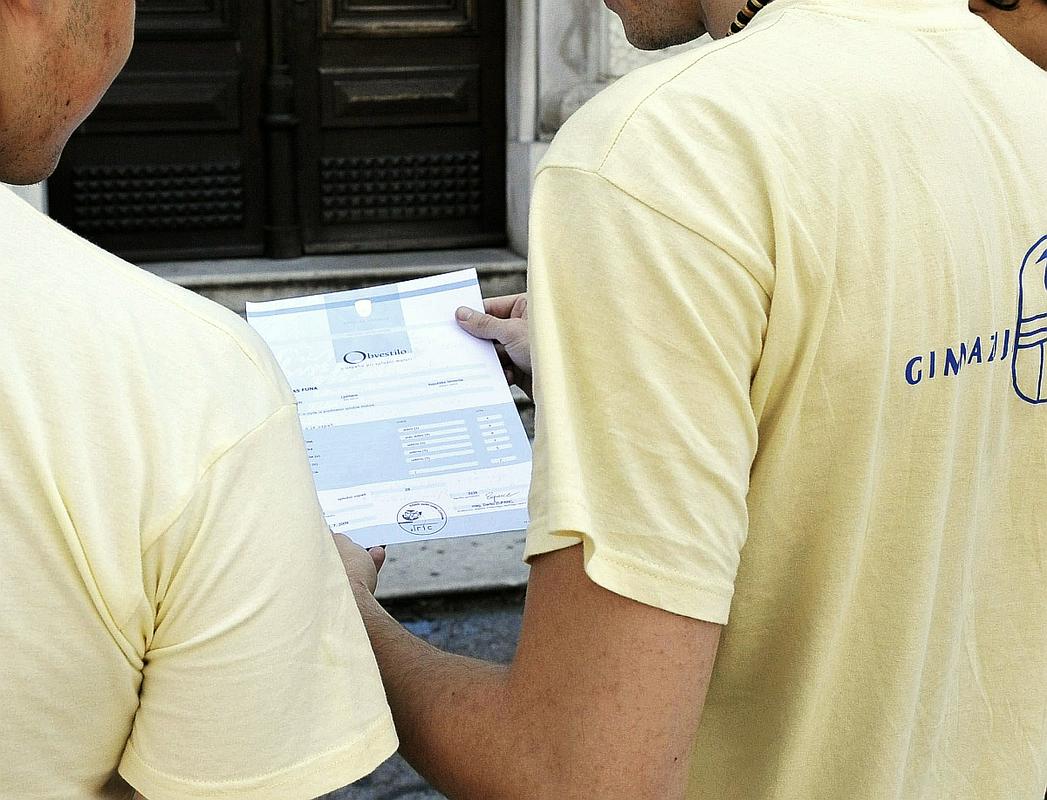
The first part of the general Matura exam begins today. The 7,278 students, which will take the Matura for the first time, will also have to write an essay in their mother tongue, which means in Slovenian, Italian or Hungarian language. According to Darko Zupanc, the head of the National Examinations Center, the biggest change in the 21st Matura exam will be the number of those taking the exam. In 1995 only 25 percent of the population took the exam. Today the figure stands at more than 40 percent, which is almost double the amount.
"The increased number is mostly due to larger enrollments in gymnasium high schools. If around 40 percent of the population takes the Matura, that means we have a higher number of weaker students doing the Matura. It's completely legitimate to ask whether we've really improved the study material in our gymnasiums and the level of knowledge of a larger part of one generation that well. My answer is no." is Zupanc's opinion. He also added that current school policies have also stimulated the larger number of applications. Those were also the aspirations of the country’s tertiary education.
Answering a question whether due to the larger generations we have a fall in standards, Zupanc said he hopes that nothing has changed at the "very top". "However if only around 90% pass the exam in both terms, for let's say a grade of 2, that would mean that the standards have fallen," Zupanc assessed. From the introduction of the Matura exam in 1995, there has never really been a serious analysis on the absolute knowledge of students taking the exam. Therefore it is difficult to compare the knowledge of previous and present generations. "The percent of those who pass the exam, as well as the average grade, have not changed in all these years. However that's not enough to confirm or refute a thesis of how much one knows," added Zupanc.


































































